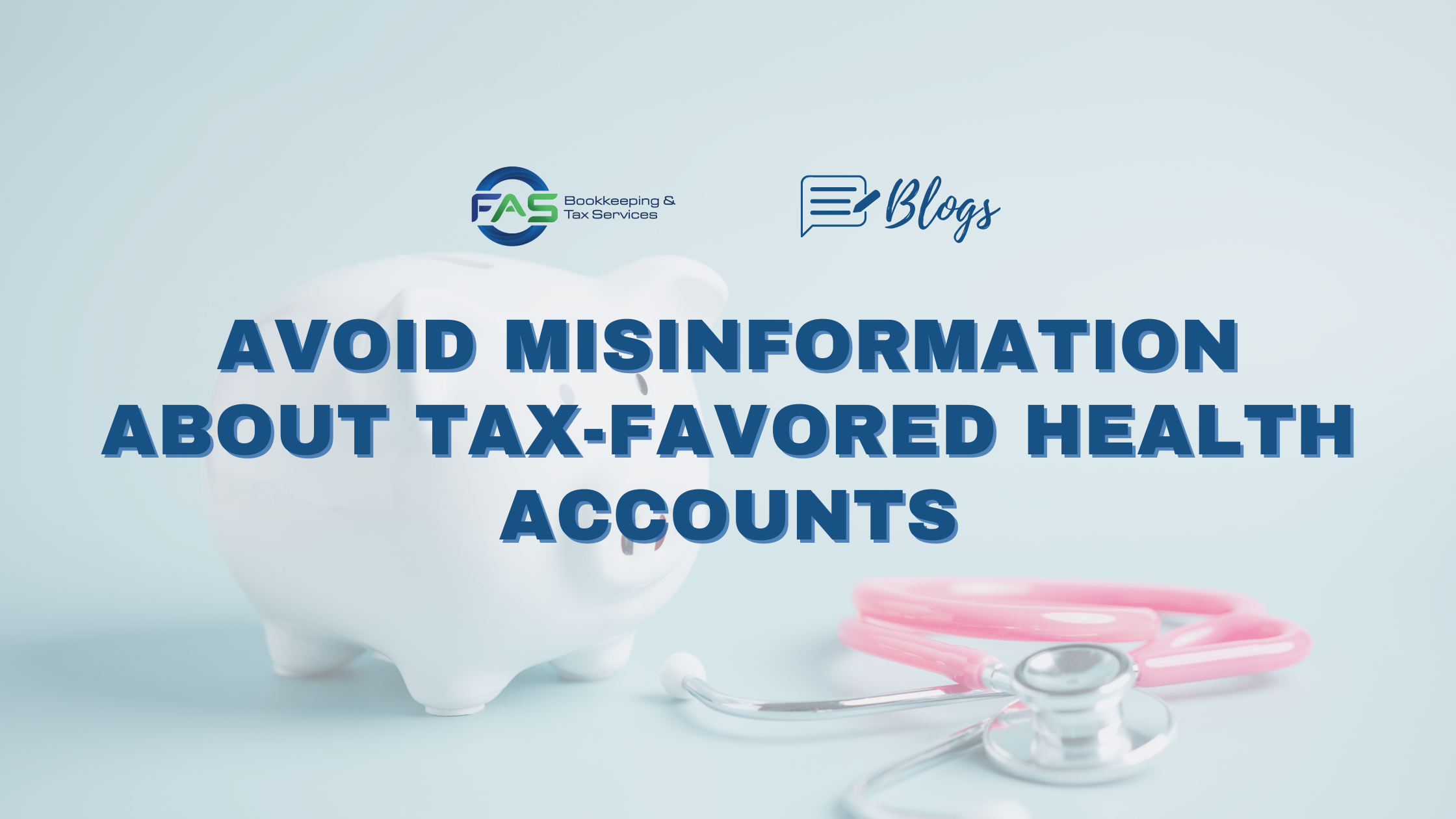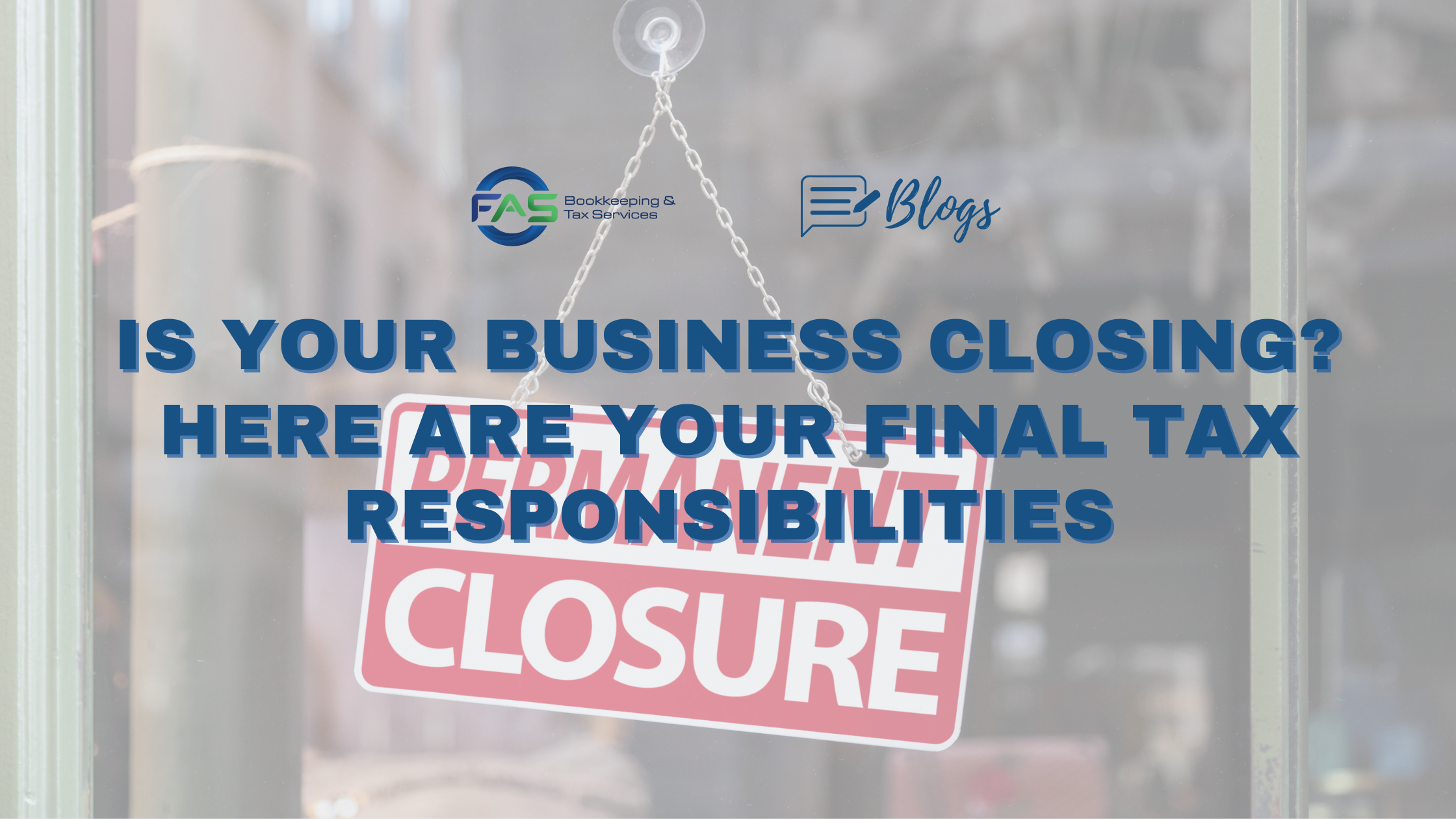Qualified individuals affected by COVID-19 may be able to withdraw up to $100,000 from their eligible retirement plans, including IRAs, between January 1 and December 30, 2020.
These coronavirus-related distributions aren’t subject to the 10% additional tax that generally applies to distributions made before reaching age 59 and a half, but they are still subject to regular tax. Taxpayers can include coronavirus-related distributions as income on tax returns over a three-year period. They must repay the distribution to a plan or IRA within three years.
Some plans may have relaxed rules on plan loan amounts and repayment terms. The limit on loans made between March 27 and September 22, 2020 is raised to $100,000. Plans may suspend loan repayments due between March 27 and December 31, 2020.
Qualifications for Relief
The law defines a qualifying person as someone who:
- Has tested positive and been diagnosed with COVID-19
- Has a dependent or spouse who has tested positive and been diagnosed with COVID-19
- Experiences financial hardship due to them, their spouse or a member of their household:
- Being quarantined, furloughed or laid off or having reduced work hours
- Being unable to work due to lack of childcare
- Closing or reducing hours of a business that they own or operate
- Having pay or self-employment income reduced
- Having a job offer rescinded or start date for a job delayed
Employers can choose whether to implement these coronavirus-related distribution and loan rules.
Qualified individuals can claim the tax benefits of coronavirus-related distribution rules even if plan provisions aren’t changed. Administrators can rely on an individual’s certification that they’re a qualified person.
Required Minimum Distributions
People who already took a required minimum distribution from certain retirement accounts in 2020 can now roll those funds back into a retirement account.
The 60-day rollover period has been extended to August 31, 2020.
Under the relief, taxpayers with required minimum distributions from certain retirement plans can skip them this year. Distributions that can be skipped were due in 2020 from a defined-contribution retirement plan. These include a 401(k) or 403(b) plan, as well as an IRA. Among the people who can skip them are those who would have had to take the first distribution by April 1, 2020. This waiver does not apply to defined-benefit plans.




